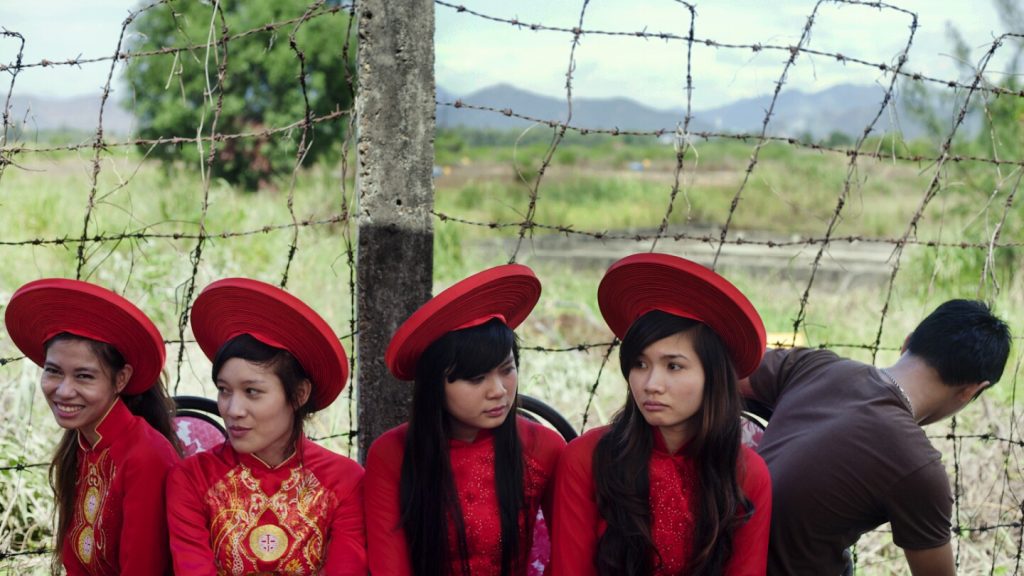Stalled Cleanup Efforts at Agent Orange Contaminated Site in Vietnam
HANOI, Vietnam (AP) — Work on cleaning up soil laden with toxic dioxin at a former U.S. air base in southern Vietnam came to an abrupt halt last month. This pause follows significant cuts to the U.S. Agency for International Development (USAID) under the Trump administration, putting a stop to efforts aimed at clearing out unexploded ordnance, supporting war victims, and developing museum displays on the U.S. remediation efforts post-Vietnam War.
These funding cuts pose not only health risks to thousands who may be affected but also threaten to undermine diplomatic progress with Vietnam, a country that is increasingly viewed as strategically important to U.S. interests in countering China’s assertiveness in the region.
Chuck Searcy, a Vietnam War veteran involved in humanitarian work there, expressed concern over the halt, stating, “It is just another example of what a lot of critics want to remind us of: You can’t depend on the Americans. It is not a good message.” While funding for the Agent Orange remediation at Bien Hoa Air Base was temporarily reinstated, the processes and disbursements remain unclear, as USAID currently lacks the personnel to manage operations.
Historical Context and Ongoing Initiatives
As Vietnam approaches the 50th anniversary of the Vietnam War’s end, as well as the 30th anniversary of normalized relations with the U.S., the history of cooperation in dealing with wartime legacies, including the harmful effects of Agent Orange, surfaces. Programs benefiting both U.S. interests and Vietnam’s needs have developed since the 1990s, fostering growing defense cooperation between the two countries.
In 2023, Vietnam upgraded its relationship with the U.S. to a comprehensive strategic partnership, the highest level of diplomatic ties. However, the Trump administration’s introduction of a freeze on foreign aid aimed at reassessing and curbing what it deemed wasteful spending has significantly impacted ongoing cleanup projects and support initiatives.
Funding Resumption and Its Implications
Although funding for Agent Orange cleanup was reportedly unblocked recently, questions linger about the specifics of project continuation, given that operations were halted for a period. The future of various other programs remains uncertain. Tim Rieser, a senior adviser to Sen. Peter Welch, voiced concerns over the implications of these cuts, stating, “It will send a message that the Americans can’t be trusted” if the U.S. withdraws support prematurely.
Continuation of Diplomatic Relations
Despite the funding dilemmas facing USAID projects, operations focused on recovering missing American service members are ongoing, as these are funded through the U.S. defense budget. In contrast, funding for identifying missing Vietnamese soldiers was previously cut and reinstated, leaving ambiguity around its current status.
Long-term Consequences of Funding Cuts
As Vietnam grapples with the legacy of war, including ongoing health implications for over 8,600 people due to Agent Orange contamination, halted U.S. assistance could deter further collaboration on military and diplomatic fronts. Experts caution that interruptions in aid threaten to unravel decades of trust built between the former adversaries.



